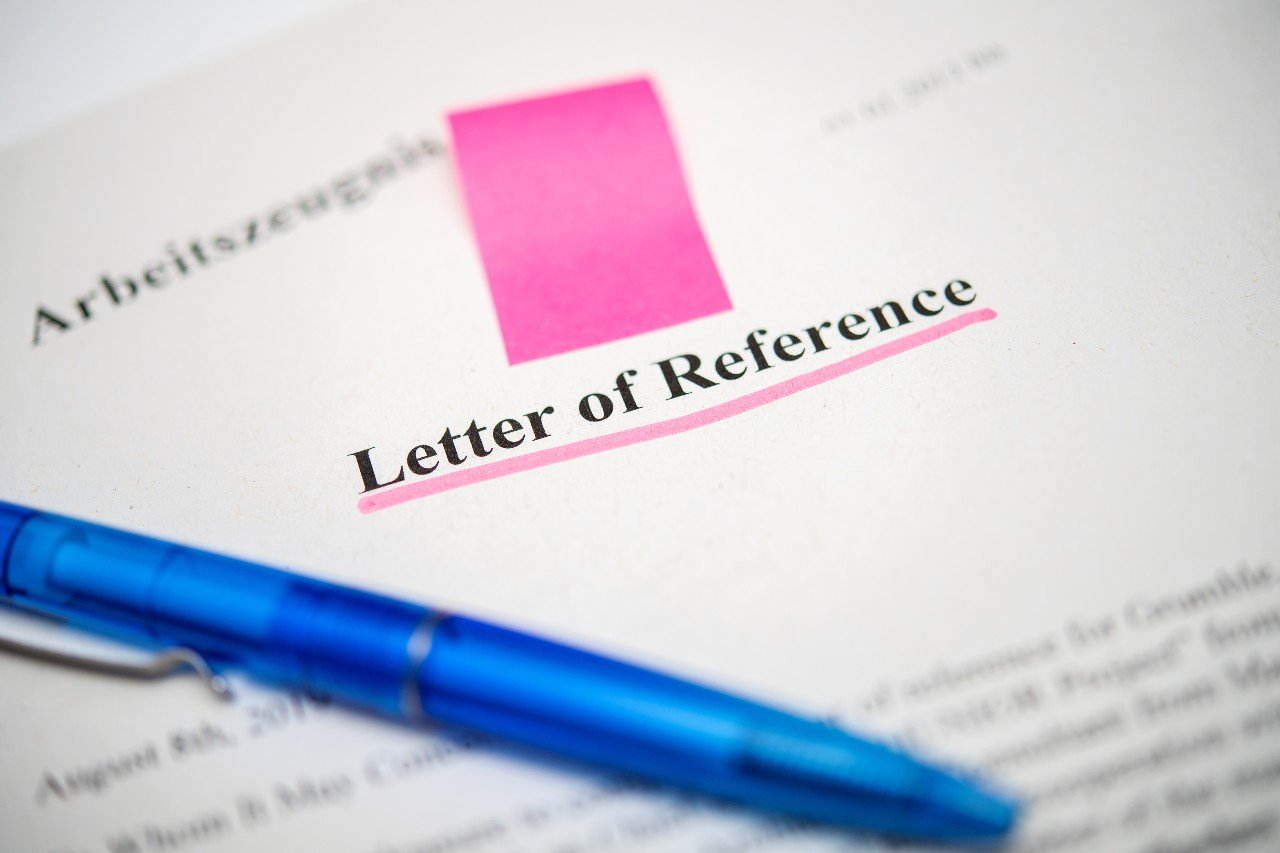Nearly 5,000 employees answered a questionnaire organised by the German Association of Trade Unions (DGB), the Süddeutsche Zeitung newspaper reported on Monday.
The results showed that 42 percent felt they would be able to continue working until the statutory retirement age. But nearly half – 47 percent – reckoned they would have difficulty, or even not be able to do so.
The rise in retirement age was introduced last year, and will be introduced gradually, the paper said. Currently it is 65 and two months, but this will rise steadily until it reaches 67 in 2030.
Men seemed to be more convinced they would be able to keep working until they reached the statutory retirement age. And of those who were already 55 and still working, 54 percent said they would be able to make it all the way to retirement.
A big factor is the place a person works. Those in the chemicals industry, in public administration and in the science sector were the most optimistic about being able to continue working beyond 65.
In contrast, those in the hospitality industry, in social work and employed by cleaning firms were far less confident, with less than a third confident they would be able to work until they were 67.
The DGB said working conditions were crucial in such considerations, with more difficult, shift-organized and physical work being major factors leading to early retirement.
“The government must at last recognise that under current conditions retirement at 67 is unreachable for most employees, and must be postponed at the least,” Michael Sommer, DGB head, told the Sueddeutsche Zeitung.
He called for reasonable and healthy work conditions so that people would at least be able to continue in their jobs until 65.
People who retire early pay for it with a lower rate of state pension, losing 0.3 percent for each month they leave work early – until a certain maximum reduction. Those who leave early because of illness also generally get smaller pensions – on average €607 a month. Sommer described this as a socio-political scandal.
Figures from the Labour Agency show that in 2011, 63.8 percent of those aged between 55 and 65 were working, a significant increase on the figure from a decade previously.
The Local/hc





 Please whitelist us to continue reading.
Please whitelist us to continue reading.
Member comments